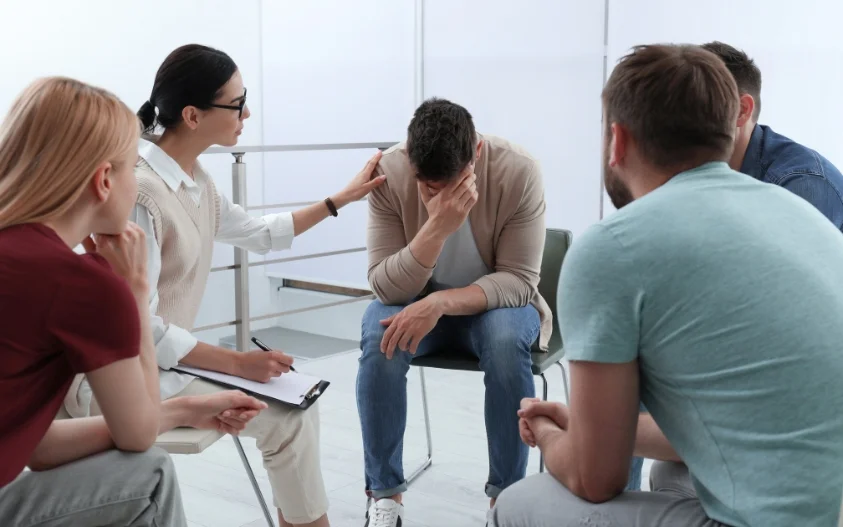24/7 Helpline:
(866) 899-221924/7 Helpline:
(866) 899-2219
Learn more about PTSD Treatment centers in Pasco
PTSD Treatment in Other Cities

Other Insurance Options

Magellan Health

WellPoint

Lucent

Oxford

Evernorth

Covered California

Providence

Access to Recovery (ATR) Voucher

BlueCross

Molina Healthcare

Self-pay options

Carleon

Holman Group

Group Health Incorporated

Optum

Premera

Multiplan

WellCare Health Plans

ComPsych

BlueShield

Tri City Community Health
Tri City Community Health is a public rehab located in Pasco, Washington. Tri City Community Health ...

Comprehensive Healthcare
Comprehensive Healthcare provides a range of addiction and substance use disorder treatment services...

Tri Cities Community Health – Counseling Services
Tri Cities Community Health – Counseling Services is a private rehab located in Pasco, Washington. T...

Assessment and Treatment Associates
Assessment and Treatment Associates is a counseling clinic located in Pasco, WA. Assessment and Trea...










Lourdes Desert Hope
Lourdes Desert Hope is a private rehab located in Pasco, Washington. Lourdes Desert Hope specializes...

Teen Challenge – Tri Cities Campus
Teen Challenge, located in Pasco, Washington, is a men’s addiction treatment center. They provide ca...

